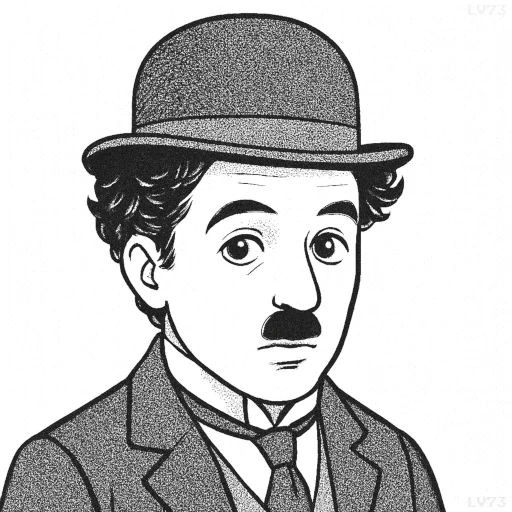“Only the unloved hate; the unloved and the unnatural.”

- April 16, 1889 – December 25, 1977
- British
- Comedian, film actor, director, screenwriter, composer
table of contents
Quote
“Only the unloved hate; the unloved and the unnatural.”
Explanation
In this quote, Charlie Chaplin makes a powerful observation about the nature of hate, linking it to alienation and unnatural states of being. The first part of the quote, “Only the unloved hate,” suggests that hatred is often a reaction to rejection or isolation. People who feel unloved or unaccepted may develop feelings of bitterness, resentment, or hostility as a defensive reaction. The lack of love and human connection can breed emotional pain that manifests in anger or hate toward others. Chaplin’s words reflect his understanding of the human need for connection, empathy, and acceptance. Without these, individuals may turn toward hate as a way of coping with their pain or loneliness.
The second part of the quote, “the unloved and the unnatural,” introduces an additional layer of meaning. The word unnatural could refer to unnatural conditions—those that distort the natural order of things, such as social or political systems that foster division, inequality, or exploitation. It might also suggest unnatural states of being—people who are forced to act against their true nature or who feel alienated from the world around them due to societal pressures. Chaplin, a vocal critic of authoritarianism, injustice, and the exploitation of the working class, likely saw how oppressive systems could create unnatural conditions that turned people against each other, fostering an environment where hate could grow.
In the modern world, Chaplin’s words can be applied to many forms of social alienation and marginalization, particularly in times of political polarization or economic inequality. People who feel excluded from society or who are systematically oppressed may be more likely to develop a sense of hatred—not only toward the system that marginalizes them but also toward others who represent that system. Chaplin’s quote reminds us that hatred often arises from a place of suffering and alienation, and that in order to reduce it, society must work to create more inclusive, compassionate, and humane environments. It calls for a deeper understanding of the forces that create division and encourages efforts to foster connection, empathy, and acceptance across all walks of life.
Would you like to share your impressions or related stories about this quote in the comments section?





